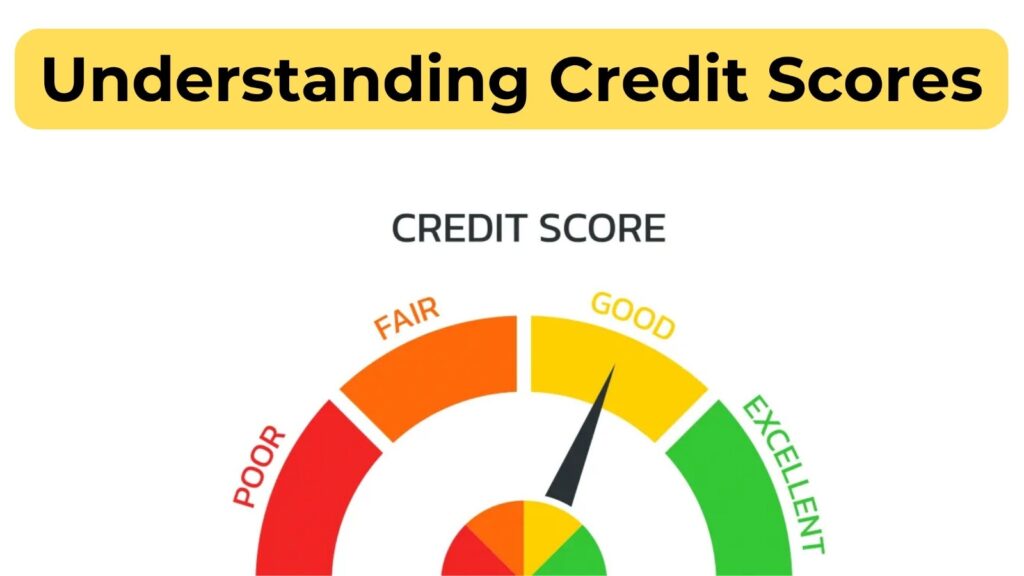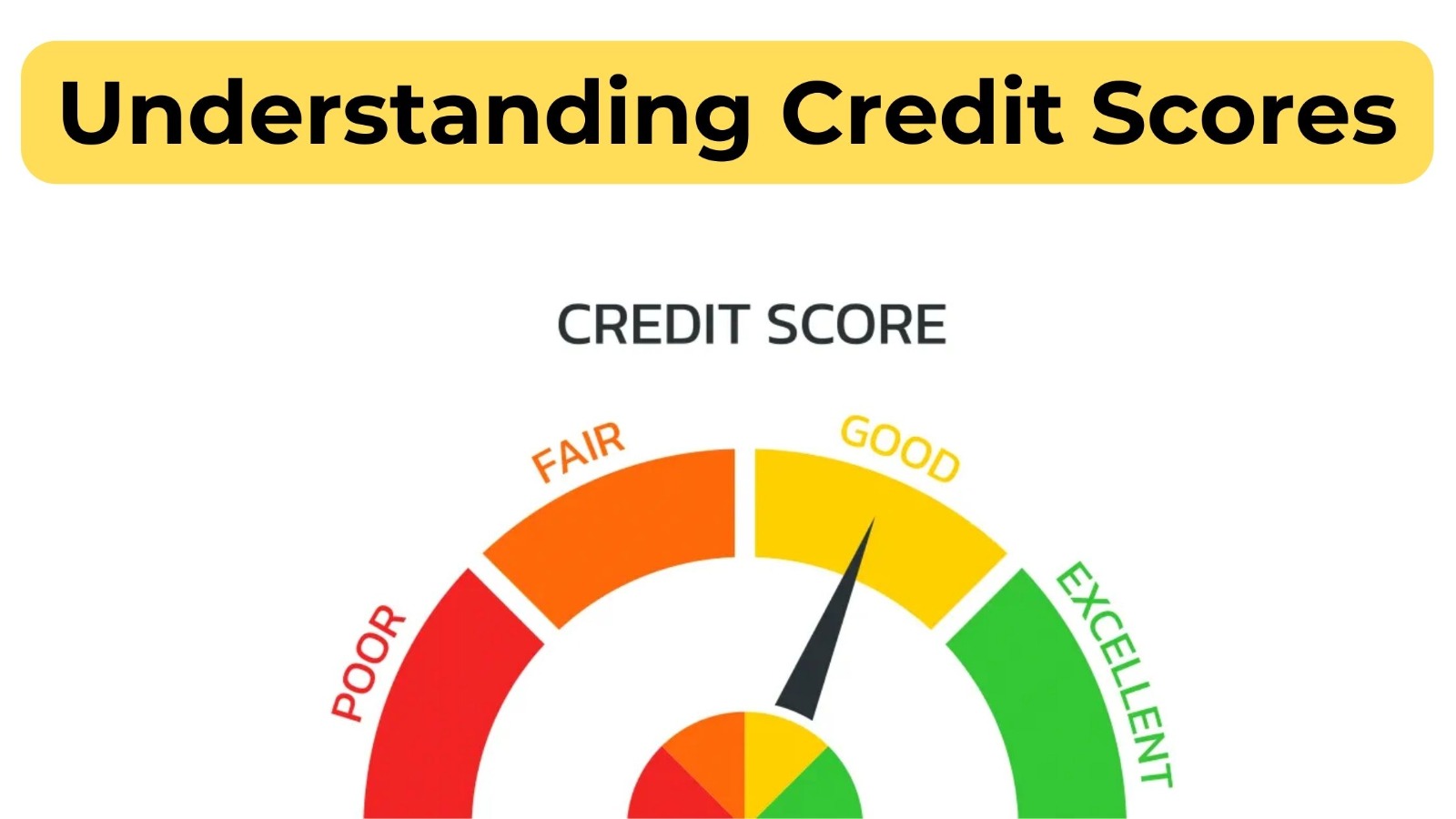Understanding Credit Scores: Unlocking the Key to Financial Freedom

The importance of the credit score in determining one’s financial situation cannot be overstated. Whether you’re asking for a loan, credit card, or mortgage, the decision-maker will heavily consider your credit score. This in-depth tutorial will examine credit scores in detail, explain how they are determined, describe the value of having a high credit score, and offer helpful advice on raising and maintaining your credit score. Let’s understand credit ratings to find the secret to financial freedom.
Introduction
Understanding credit scores is crucial in today’s environment because credit has become a crucial aspect of our financial lives. A credit score is a numerical representation of a person’s creditworthiness that shows how likely they are to repay their debts on time. A higher score signifies greater creditworthiness, and it is a three-digit figure that goes from 300 to 850.
What is a Credit Score?
Based on a person’s credit history, a credit score is a statistical evaluation of their creditworthiness. Several aspects, including payment history, credit utilisation, length of credit history, categories of credit, and new credit applications, are taken into account by a sophisticated algorithm that calculates this amount.
Importance of Credit Scores
When it comes to financial decisions, credit ratings are quite important. Credit scores are used by lenders to determine the risk involved in making loans or providing credit, including banks and credit card firms. Better loan conditions, lower interest rates, and bigger credit limits are all made available to people with higher credit scores. Additionally, credit ratings may be used by landlords, insurance providers, and even potential employers to assess a person’s dependability and responsibility.
How Credit Scores are Calculated
A number of variables are used in the calculation of credit ratings to determine a person’s creditworthiness. Let’s examine the main variables that affect credit ratings and see how much of an impact they have on the final result.
Factors Affecting Credit Scores
- Payment History: Your track record of making timely payments.
- Credit Utilization: The percentage of available credit you are currently using.
- Length of Credit History: The duration of your credit accounts.
- Types of Credit: The mix of credit accounts you have, such as credit cards, loans, and mortgages.
- New Credit Applications: Recent credit inquiries and the opening of new credit accounts.
Weightage of Factors in Credit Scores
Payment history and credit utilisation typically have the most important impact on credit ratings, however the exact weighting of these elements may vary. The whole evaluation also takes into account the amount of credit history, the forms of credit, and any recent credit applications.
Benefits of Having a Good Credit Score
Beyond only being able to get loans and credit cards, maintaining a good credit score has various advantages. The following are some benefits of having a high credit score:
- Lower Interest Rates: Lenders are more likely to offer lower interest rates to borrowers with good credit scores, potentially saving you thousands of dollars over the life of a loan.
- Higher Credit Limits: A good credit score may lead to higher credit limits on your credit cards, giving you greater purchasing power and financial flexibility.
- Easier Loan Approvals: When you have a good credit score, the process of getting approved for loans, such as mortgages or car loans, becomes smoother and faster.
- Better Insurance Premiums: Insurance companies may consider your credit score when determining your premiums. A good credit score can help you secure more affordable insurance rates.
- Rental Opportunities: Landlords often check credit scores when evaluating rental applications. A good credit score increases your chances of securing your desired rental property.
Conclusion
In conclusion, knowing how to read credit ratings is crucial for successfully navigating the financial world. Your capacity to obtain loans, credit cards, and favourable interest rates is influenced by your credit score, which serves as a gauge of your creditworthiness. You can take proactive measures to raise your score by being aware of the elements that determine credit scores, such as payment history, credit utilisation, length of credit history, categories of credit, and new credit applications.

